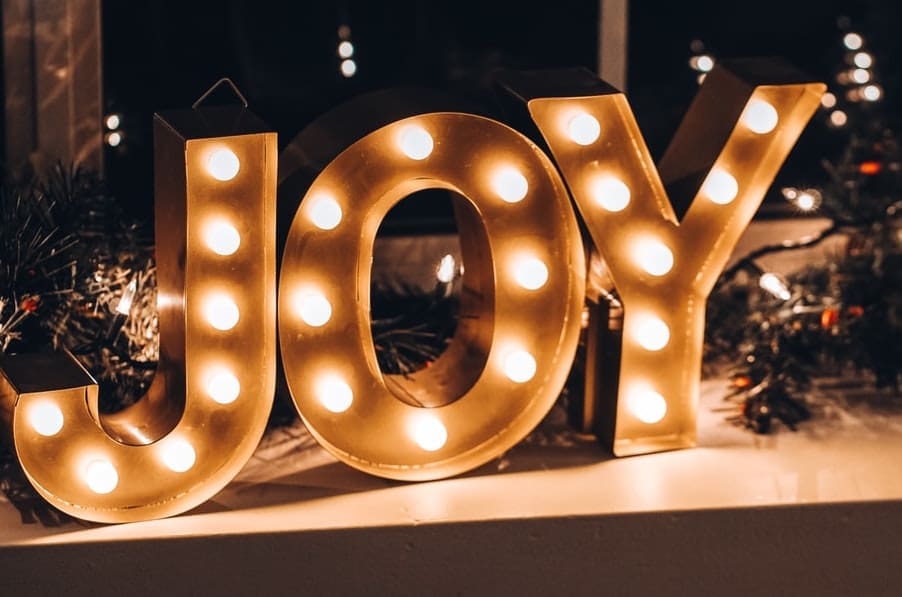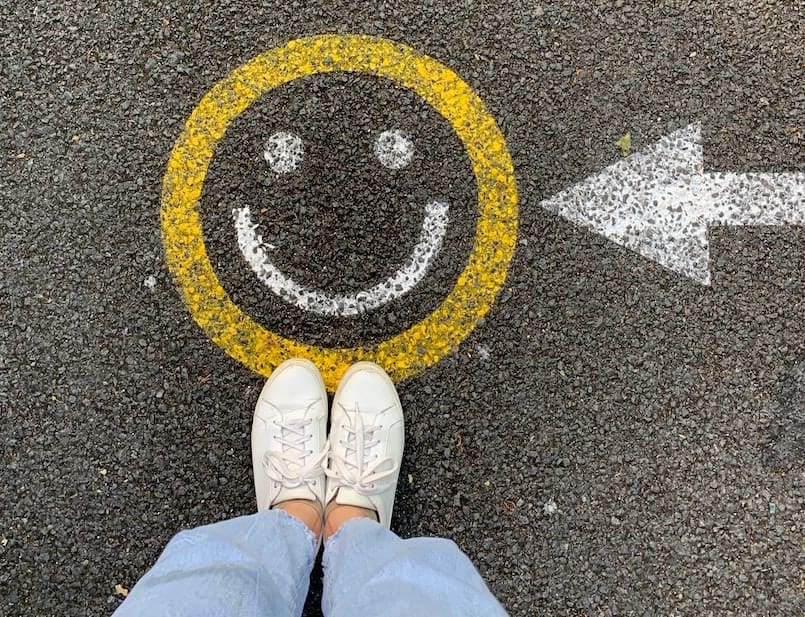For people who once put all their eggs in the career basket, the impact of 2020 and redundancy is still a big one. Emma Clifton looks at the changing face of ambition and the desire for a good life, rather than a good job.
The irony of writing a piece about joy in Auckland’s fourth lockdown is absolutely not lost on me. In fact, I had tried to write this in mid-February, but then a third lockdown snuck in and scrambled our brains, schedules and mental health again.
But then I thought of Joy, the plucky emotion character from Pixar’s Inside Out who learns that Sadness isn’t actually her enemy, they are in fact the yin to each other’s yang – you can’t have one without the other. And even though it has been harder to find joy this year, its presence was so much stronger when it did arrive.
The summer holidays, for instance, felt that much more precious because we knew how close we had come to missing them entirely. And it was while I was on my own summer holiday – phone off, togs on, reading books by the dozen – that I realised that my priorities had shifted in terms of what makes for a good life.

I am far from alone in this; one of the questions I have asked most during my interviews in the past year: ‘What have the events of 2020 taught you about what makes for a good life?’ But it was on holiday, when my brain finally got a bit of ‘sssssh’ space that I thought “I’m no longer interested in having a job mentor. What I now want is a joy mentor.”
There are a couple of reasons for this and the first is that the idea of having a dream job has died a slow death for me. To be completely honest, I have felt any sense of ambition to have a big career die along with it.
This was kick-started by losing my job last April, for sure, but then in also watching the equation of life purpose = job also change. Almost the entire world got sorted into essential/non-essential and then either packed off home for the year or put in a position where your day job was suddenly very high risk to you and your family.
The privilege – and difference – in being able to assume that a job was a dream calling, as opposed to a way to keep a roof above your head, became clearer as my financial security started looking pretty tenuous. Again, I am not alone in this; for many families, the financial effects of Covid-19 are ongoing and for even more people, that instability can be life-long. But as the ground beneath my own situation began to settle, I realised that I was no longer interested in looking up to people who just had good jobs. I wanted to look up to people who had good lives and so the idea of a joy mentor was born.


When I brought this up with the Capsule team, it struck a chord. All of us are at different life stages but have felt a shift in our priorities, a different understanding of what makes for a well-lived life. Sometimes it’s only by watching your old life burn to the ground that you get the sense that you can rebuild it differently a second time around.
A joy mentor is someone who absolutely loves their career but is not defined by it. They are not interested in success at the cost of others, they believe that a rising tide floats all boats. A lot of the people I consider joy mentors are people who have learned to prioritise joy the hard way; because they have learned, just as Joy did in Inside Out, that joy is its own form of resilience. Some of the most joyful art comes out of the most dire of times; some of the people who have the lightest souls have survived the darkest times.


Over the next few months, Capsule will be profiling people we consider joy mentors – people who are not only examples of a shining light but use that light to help others as well. By focusing on other people’s path to joy, we hope to help lead you to yours as well. In the wise words of Mary Oliver, “If you suddenly and unexpectedly feel joy, don’t hesitate. Give into it… joy is not made to be a crumb.”



